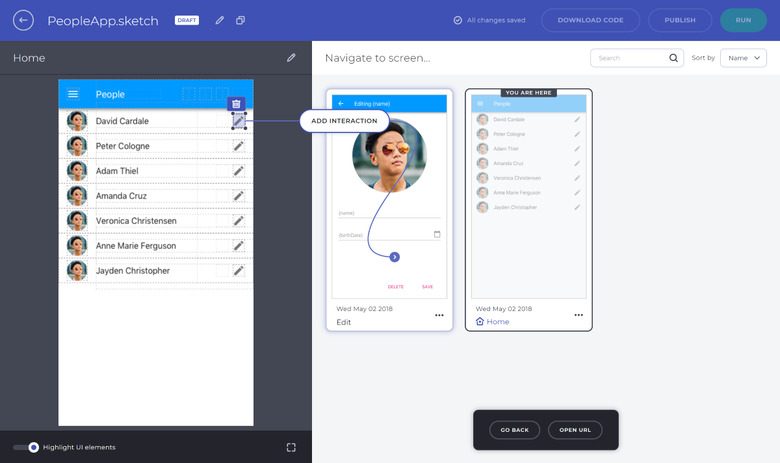Google Flutter ready to be the mobile SDK to rule them all
As lucrative as mobile apps may be, developing them can be a bit of a drain. That's especially true when you're trying to target all audiences, including iOS, Android, and maybe even more. In an attempt to get a lead on mobile app development, Google last year introduced Flutter, its cross-platform native mobile app development framework for Android and iOS. Now entering its third beta, Google is announcing that Flutter is pretty much ready to be used in producing apps for mobile platforms and maybe even more.
Flutter was a bit of a surprise when Google first revealed it. At first glance, it felt like yet another cross-platform SDK that promises to perform miracles. Unlike previous and other attempts, however, Flutter does seem capable of delivering native app performance using a single codebase that won't look out of place in whatever platform it is run on. With Beta 3, it now has the commitment of tooling partners and Google's own Material Design team to assert that this is no whimsical, temporary project.
Animation tool makers 2Dimension and tooling and component developers Infragistics are just two such partners adopting Flutter in their products, offering mobile app developers and even wider set of tools to craft their apps with. But more important than the tools are the apps that are now jumping on the framework to ensure its actual use and market adoption. New members of the Flutter fan club include Alibaba, Groupon, Birch Finance, and OfflinePal, just to name a few.

Customer adoption is extremely important for two reasons. One is to make sure that Flutter doesn't remain just a toy for a few developers to use. But more importantly, getting even bigger apps using Flutter could make Fuchsia OS adoption easier. Flutter is the UI toolkit used in Google's third OS and having apps written in Flutter ensures there will be a rich pool of apps from day one.
Given its nearly finished state, it might be surprising to hear that Google doesn't plan on launching version 1.0 until next year. Even later if needed. This does give the framework enough time to mature to become the one framework for writing apps on Android, iOS, Fuchsia, and maybe even the desktop.
